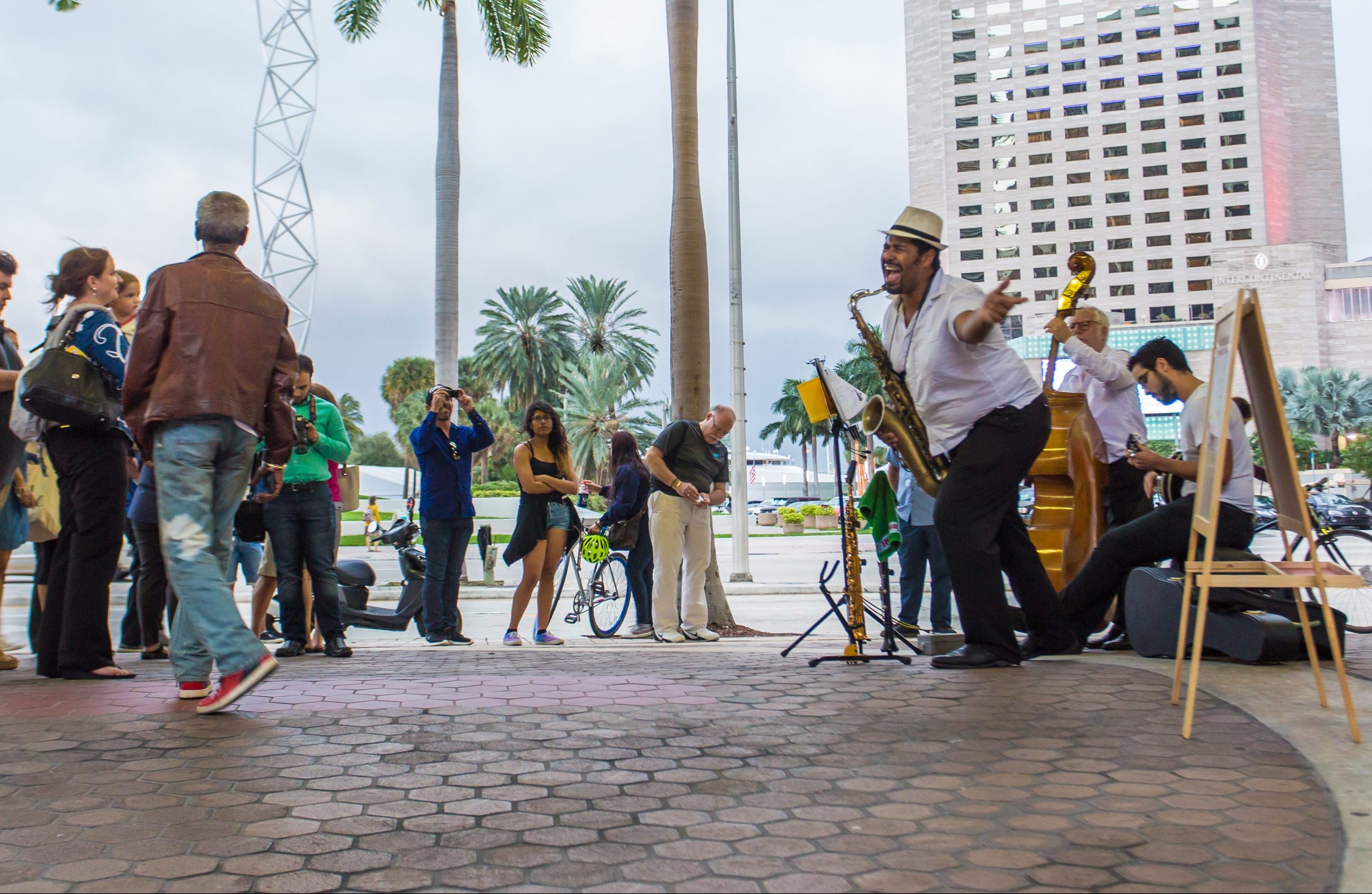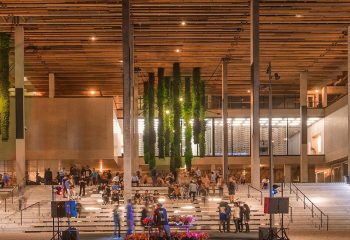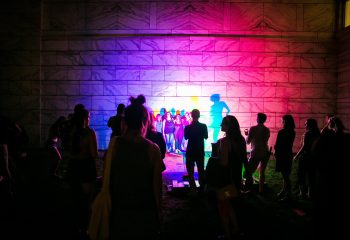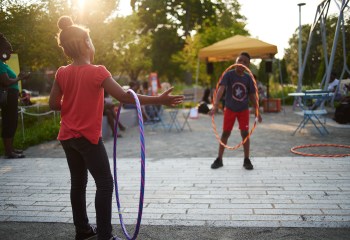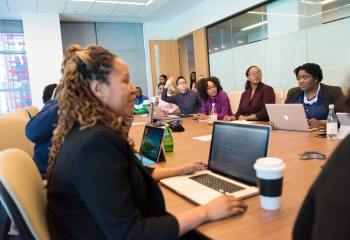MIAMI – (August 26, 2020) – A new landmark study finds access to arts and cultural amenities drives deeper connections to community for residents, but in Miami more can be done to improve access to these amenities along racial lines.
The study commissioned by the Knight Foundation and conducted by the Urban Institute, “Community Ties: Understanding what attaches people to the place where they live,” shows access to arts and culture stands out among urban amenities that boost residents’ feelings of attachment and likelihood of investing time and resources in their local community. But the study also revealed disparities in who has access to these amenities along racial lines — a scenario that some communities of color are familiar with in Miami.
Some of the key findings include:
- In Miami, 58% of residents say that arts and cultural activities are very important to them, significantly above the national average of 44%. While 69% of all Miamians said they have easy access to arts and cultural activities, that number rose to 77% for white non-Hispanic residents and dropped to 68% for Hispanic and black residents.
- This gap in access to arts in Miami is slightly deeper than the gap nationally, where 69% of residents of color reported easy access versus 73% of white non-Hispanics. At the same time, black and Hispanic residents in Miami ranked arts and culture as more important to them than white non-Hispanics.
“The Community Ties data is a call to action for Miamians to continue working collectively toward breaking racial barriers for all residents to equitable access to arts and cultural activities.” said Victoria Rogers, vice president for Knight’s Arts program. “We can achieve this goal by continuing to invest in the arts and cultural communities as they transition through COVID-19, so that these valuable quality of life amenities become more general and accessible in the long run.”
Conducted prior to the Covid-19 shutdowns, Community Ties leverages a survey of over 11,000 Americans residing in metro areas across the country — including Miami — to create one of the richest datasets on what drives attachment to place.
- Those with access to quality of life amenities such as arts, recreational areas and safe places to live, work and play reported a deeper attachment to their community, compared with those who had access to jobs, affordable housing, schools, health care or other desirable features.
- The Miami data reveals how attached local residents are to the city and where gaps in access exist across urban amenities. It offers points of consideration for such leaders such as — boosting time in center city, focusing on quality of life, paying attention to issues of equity — to strengthen residents’ ties to their communities.
As cities plan for a post-COVID-19 world and reckon with racial injustice, the report provides knowledge for public officials and other community leaders to help make cities more resilient, urban public spaces more equitable, and think anew about how to build places where people want to live, work, play and stay.
To see how your city compares in different areas with other Knight communities and the national averages, go to our interactive website.
###
About the John S. and James L. Knight Foundation
Knight Foundation is a national foundation with strong local roots. We invest in journalism, in the arts, and in the success of cities where brothers John S. and James L. Knight once published newspapers. Our goal is to foster informed and engaged communities, which we believe are essential for a healthy democracy. For more, visit kf.org.
About Urban Institute
The nonprofit Urban Institute is a leading research organization dedicated to developing evidence-based insights that improve people’s lives and strengthen communities. For 50 years, Urban has been the trusted source for rigorous analysis of complex social and economic issues; strategic advice to policymakers, philanthropists and practitioners; and new, promising ideas that expand opportunities for all. Our work inspires effective decisions that advance fairness and enhance the well-being of people and places.
